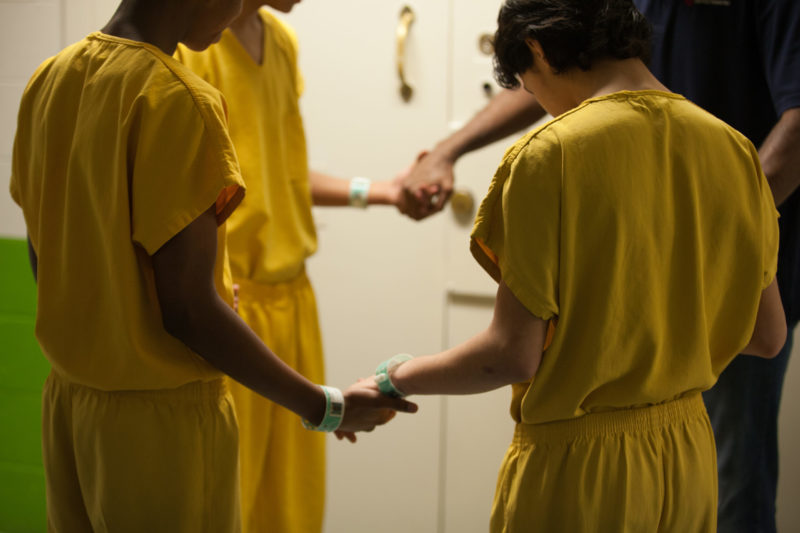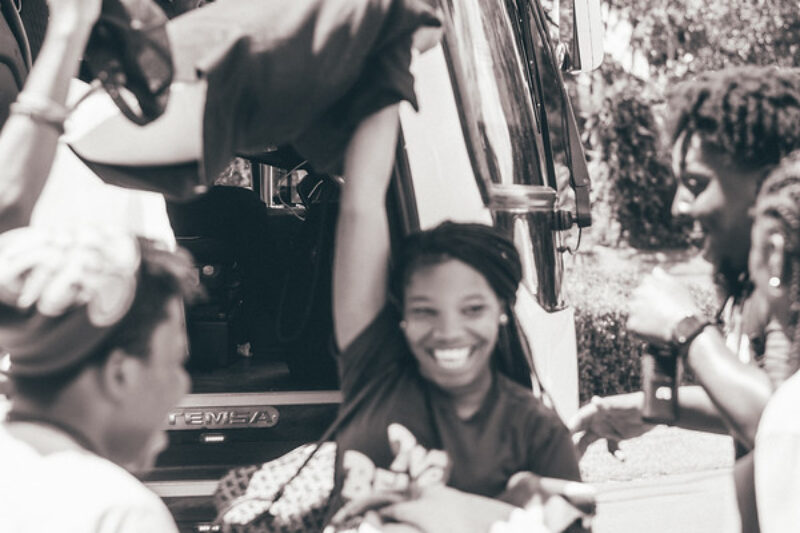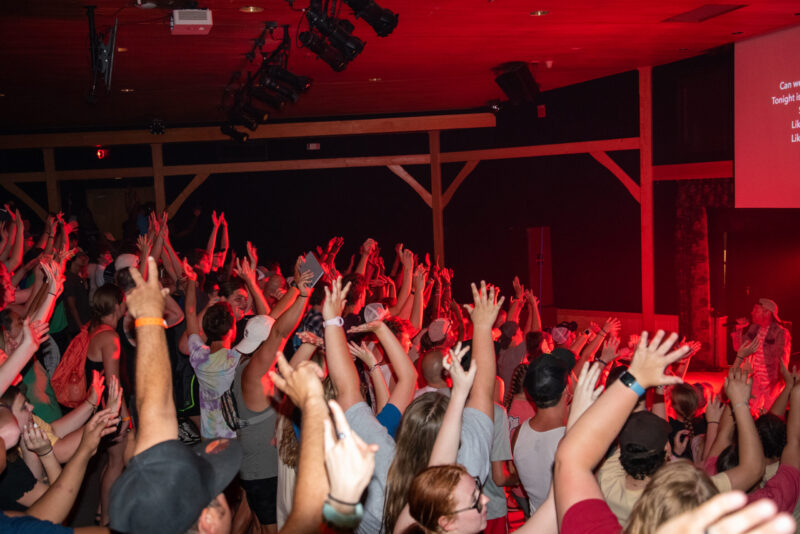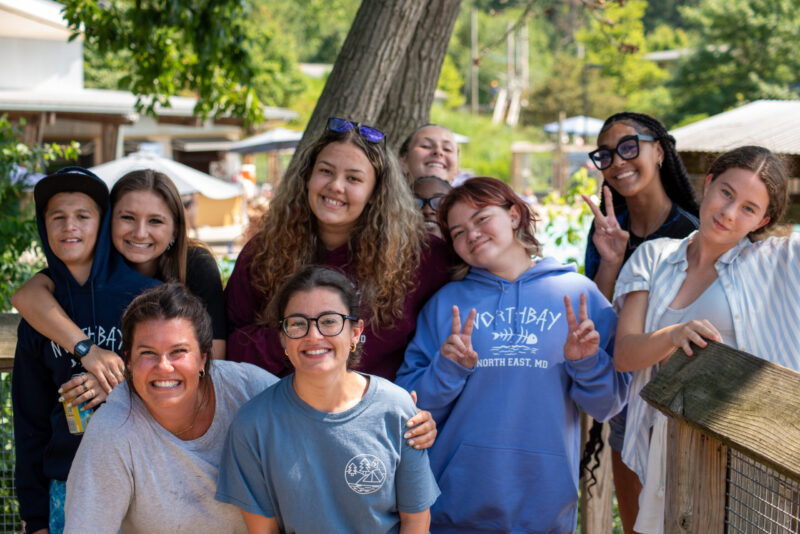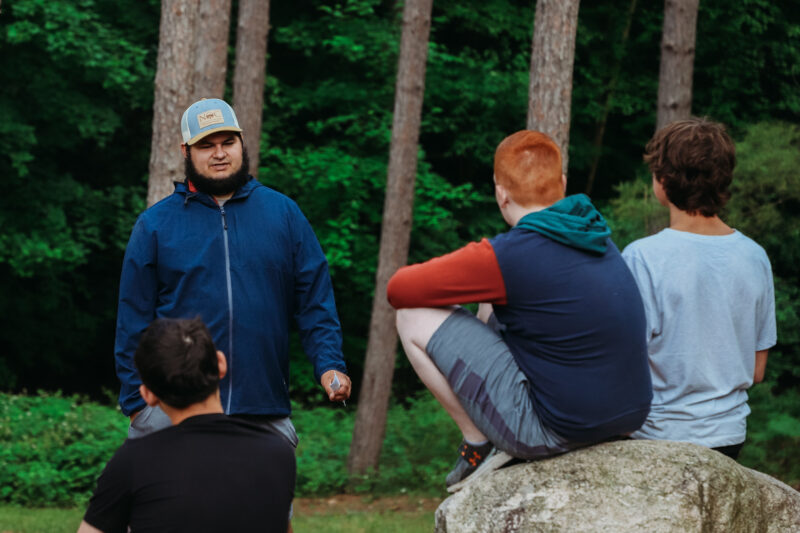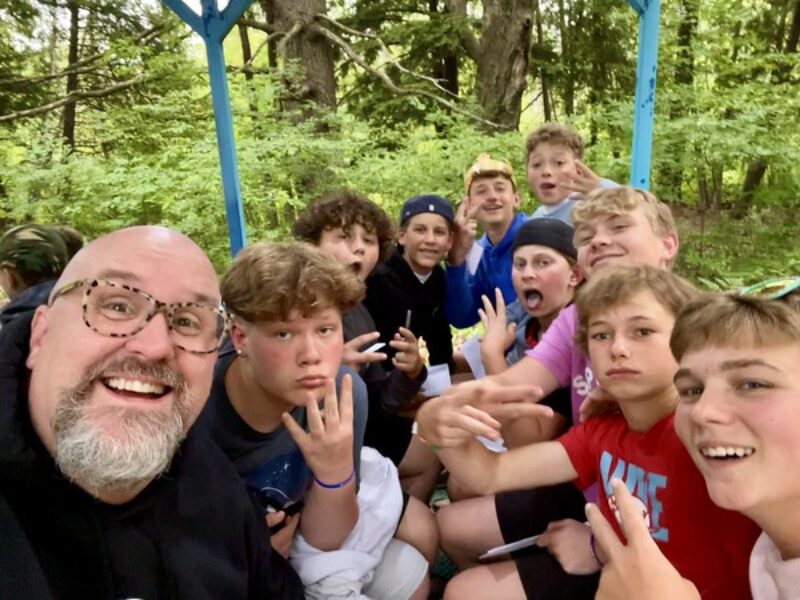Justice-Involved Youth
In any given year in America, there are approximately 740,000 teens referred to the juvenile justice system. Some of these youth will be confined to a corrections facility, others who will be diverted into a community-based alternative. Many will also be court sanctioned to probation. The unfortunate fact is that for youth who are actively incarcerated, a detention center may be the only place they feel taken care of. That could be feeling safe, having reliable meals, are sober, or are not facing constant trauma. There are still many justice-involved young people who continue to stay in their communities. With that said, many continue to face relational trauma, racial trauma, community violence, and/or lack of access to basic needs.
It’s during these moments of crisis that justice-involved youth are most open to hearing the transformational message of Jesus Christ. That is why Youth For Christ’s (YFC) Juvenile Justice Ministry (JJM) works to create a care model geared toward fostering holistic connections. YFC JJM wants to secure relationships with youth during any point of contact with the juvenile justice system. Youth For Christ’s strategy is to come alongside young people and walk alongside them on their journey with Jesus. YFC JJM staff and volunteers build relationships that are sustained through ongoing involvement as young people navigate the different pillars encompassing the juvenile justice system: community, courts, and corrections.
YFC’s National Juvenile Justice Ministry Specialist is Chelsie Coleman. Coleman has extensive experience working with justice-involved youth in juvenile corrections facilities and residential programs as a mental health counselor. She also is a degreed specialist in trauma and substance use disorders.
Trust in the Youth
“Trauma is our mission field right now,” Coleman said. “We’re seeing a generation where all youth’s has been impacted by trauma, whether that is an individual trauma or collective trauma.”
“For many adults in America, the perception they have of youth involved in the juvenile justice system is based on the stories they hear on the news. It could be something like a teenager taking part in a serious crime. People make assumptions that they are bad kids that just need to pull themselves up by their bootstraps and make better choices.”
Coleman continued, “However, think of a country overseas being impacted by the trauma of war. This is where survivors are experiencing PTSD. We hear stories in the news of kids stealing to survive or being forced to make really hard decisions. This is just so they can make it through their day. Our responses are not that those kids need to make better choices. We typically say, ‘Wow, you’ve experienced so much trauma — how can we help you with that?’
“Why can’t we have that mentality for our youth here? When we consider factors such as gun violence or domestic abuse, we realize that war is also happening in our own neighborhoods and homes. Our youth in the system have experienced just as much trauma.”
It’s Faith Based
Coleman said, “What would it look like for the Church to reclaim and reimagine Matthew 25 when Jesus commends those who ‘visited’ Him while He was sick and in prison? What is really compelling about that verse is that Jesus is talking about Himself being in prison, not the other way around. We need to consider this paradigm shift when it comes to juvenile justice. I am not going inside a detention center to bring Jesus to the kids. Jesus is already there because our youth are made in the image of God.
“Dominique Gilliard explained that we’re all called to go into prisons to be present with Jesus there. Gillard said, ‘Some communities and congregations will be called and best equipped to focus on ministering within the walls of prisons. Others will focus on walking alongside families with incarcerated loved ones. Still others will focus on prevention, and others will prioritize reentry and resourcing returning citizens. We are not all called to the same thing, but we are all called to something. Every congregation has a role to play.’
“This is why JJM exists. YFC wants to have this faith-based continuity of a care model geared toward fostering holistic connection and secure relationships with youth during any point of contact with the juvenile justice system. We all have a role to play. I’m a firm believer that the juvenile justice system wouldn’t have to exist if we all responded the way Jesus calls us to.”
